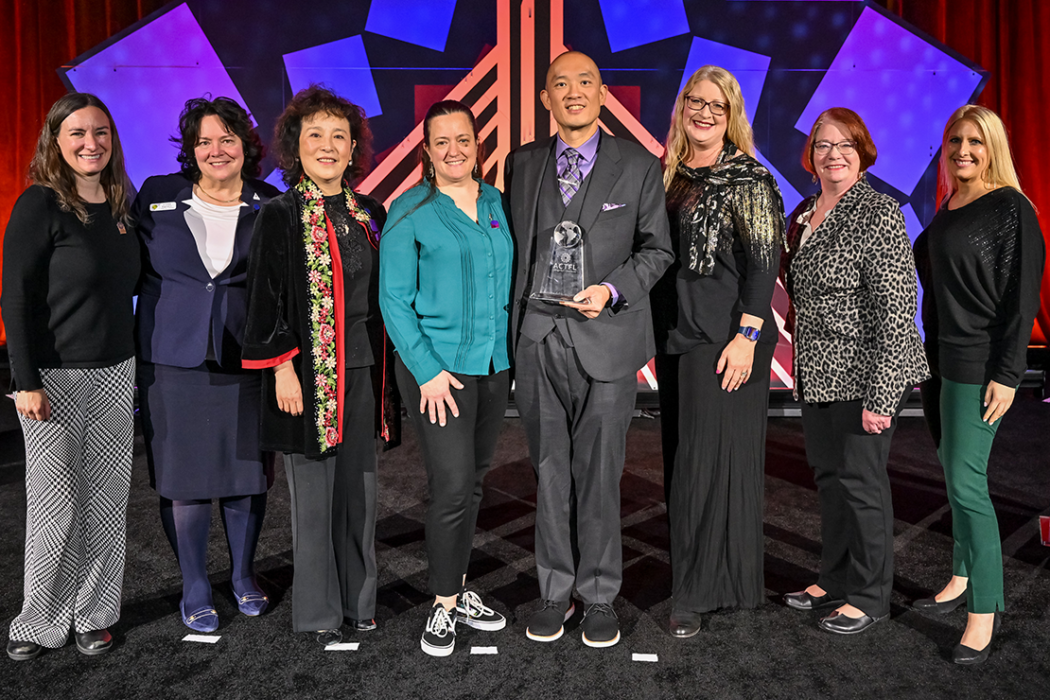Melanie Mello

2020 Hall of Fame Nominee

Chandler, AZ
2020 Finalist from SWCOLT
German
In an age in which we have access to online translation engines and advanced technology—the language-translating earpiece—that eases the obvious need for acquiring new languages, one might wonder why the hard work necessary to become truly fluent in another language remains as imperative now as it has been historically. The world is not shrinking, it has shrunk. We live in a globalized world. For an individual to thrive in this world, they cannot be small or parochial in their thinking. Learning new languages makes us capacious, protecting us from unconscious tribalism by empowering active negotiation of the linguistic possibilities of discourse.
Technology can empower communication, but it can never empower interpretation, understanding, recognition, or empathy. Indeed, technology places one under the sway of the implicit bias of the programmer. Overcoming this bias begins with true fluency, fluency defined as much by cultural knowledge as by linguistic mastery. Gaining this dynamic fluency can be thought of as achieving some level of cultural competence, and it is achieved through equal parts hard work and courage. As a teacher, it is my primary aim to create learning opportunities that raise intercultural understanding by organically situating students into contexts that require them to engage the less visible aspects of the target culture. Initially, the learner of a new language struggles with expressing themselves with confidence, because they assume that simple phonetic, morphologic, or linguistic mistakes undermine their credibility. Gaining fluency teaches humility and cultivates cross-cultural compassion. Eventually, I hope that all my students gain the confidence to speak freely in German no matter their competency. Once we step out of our comfort zone and once we are willing to interact with others without the certainty of our birth language to undergird our expression, we open ourselves to the possibility of overcoming our own assumed cultural superiority.
A recent study by psychologists from the University of Chicago of “a dozen students who grew up speaking one language and learned a second in junior high and high school” lead to the conclusion that “people who speak in a language other than their native tongue” are less susceptible to the pitfalls of “loss aversion” because they are more capable of making “choices that could profit [them] further down the road” (Mandi, 25 Apr. 2012). Knowing a second language, moreover, improves decision making by removing the constraints of mono-linguistic thinking. It is no surprise that businesses look to hire individuals who are fluent in as many languages as possible, along with individuals who have had the benefit of meaningful cross-cultural experiences, as such individuals are more likely to be dynamic problem-solvers.
Language learning prepares students for the demands of citizenship in a diverse and multi-lingual world. Cultural competence is predicated on recognizing the value of cultures outside of one’s own. To overcome the trappings of translation and assumption, the individual must commit themselves to the study of languages so that they can gain authentic knowledge of other cultures, knowledge grounded on experience and hard work.